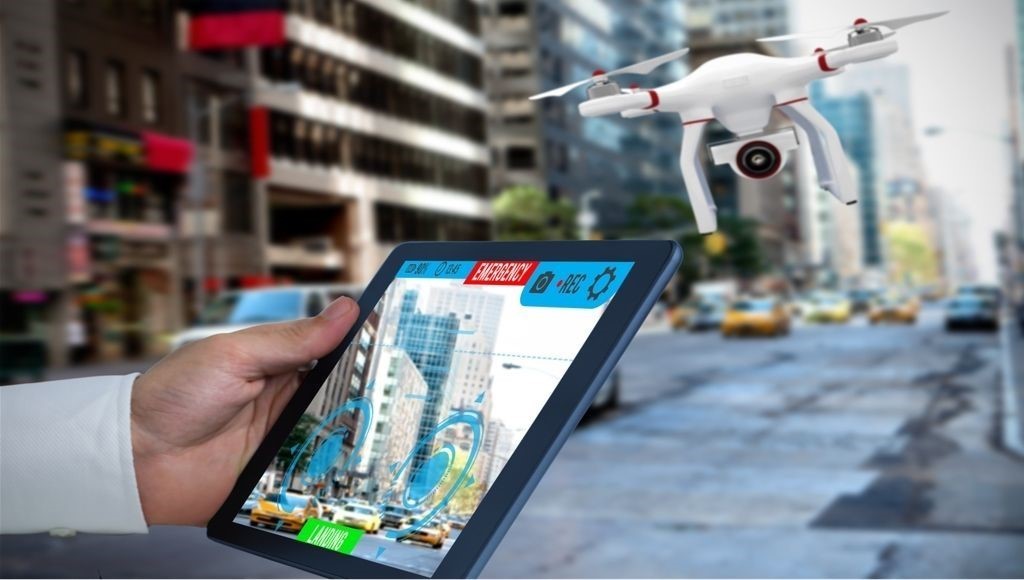
ARTICLE SAMPLES
Drones have changed our lives for the better AND worse
 Don't get me wrong: I love drones just like the next random guy! And I have really got it: drones can be used in various industries to do dirty and dangerous jobs, can give emergency response teams a lot of useful information, can help deliver humanitarian aids, allow specialists to conduct research without impacting the wildlife, and so on.
Don't get me wrong: I love drones just like the next random guy! And I have really got it: drones can be used in various industries to do dirty and dangerous jobs, can give emergency response teams a lot of useful information, can help deliver humanitarian aids, allow specialists to conduct research without impacting the wildlife, and so on.
But drones are also used by the military. That wouldn't be such a bad idea if these devices would only be used for defense, but some governments make heavy use of drones to conduct offensive operations. Unmanned aerial vehicles are used to gather specific information, following specific targets and recording their activities. Some of them may also be weaponized!
Sadly, the laws haven't managed to keep up with the increased usage of drones. Private investigators will often use drones to capture unauthorized footage from other people's properties. Lots of unmanned aerial vehicles collect information about regular citizens, without having their permission. So, it is not a surprise that more and more people ask for laws that will prohibit government drone usage without having a warrant.
The media prefers to focus on the technology's benefits, rather than tackling the negative aspects that arise from using pervasive surveillance. It's interesting that most privacy advocates aren't necessarily against manned aerial vehicles; however, they have understood that by making use of drones, governments will be able to engage in large-scale surveillance, because drones are much cheaper to build and operate.
It's clear that drones can be very useful in certain situations. However, the rights of private parties need to be respected as well. Who owns the high altitudes space? The answer is 'everyone', according to most property law consultants. So, we own pieces of land, and we have the right to prevent any intruders from breaking into our homes, but people and governments can invade our low altitude airspace without breaking the laws, because they aren't that clear in this sector.
It is definitely a good idea to have laws that prevent the government from flying drones over our properties; however, a drone that flies above an adjacent property at a slightly higher altitude would get access to the same information without breaking the law. And what about drones which are operated by law enforcement agencies and fly above public land, performing surveillance activities at an altitude of 1000 feet, using advanced zoom-in technologies which can provide all the information that they will ever need?
Amazon and Google plan to start delivering their products using a network of drones in the very near future. Legislators want to set up a publicly navigable airspace zone, which would allow drones to transit over private properties on their route to delivering various products – and do it fast! However, legislators should also discuss the acceptable duration of surveillance, especially if specific persons are targeted.
Another important issue is related to the required data retention procedures. While some critics of drones are afraid that the government will use this technology to gather information about all the citizens, knowing what they do at all times, legislators could adopt procedures which make it impossible, or at least very difficult for governments to get access to footage that is several years old.
In addition to this, the drones that are operated by governments should utilize systems that make it easy to create comprehensive usage logs, which include GPS coordinates, purpose of surveillance, and more.
As a conclusion, governments must adopt laws which ensure that property rights continue to be respected. The problem can't be fixed by simply banning drones; legislators should craft wise laws which give them the option of performing legitimate surveillance operations, while fully respecting our privacy rights.